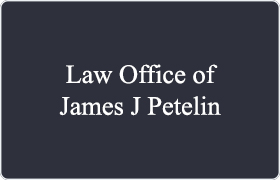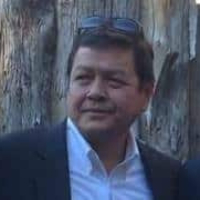Walnut Grove Felony Lawyer, California
Sponsored Law Firm
-
 x
x

Click For More Info:
-
Law Offices of James J. Petelin
1550 Humboldt Road, Suite 4 Chico, CA 95928» view mapCriminal Defense Effective, Client-Focused Representation
Call today to discuss your case.800-749-8150
Jo-Anna Marie Nieves
✓ VERIFIEDCriminal, Felony, DUI-DWI, Misdemeanor, White Collar Crime
Armed with considerable experience working for the District Attorney in Sacramento, CA and her voluminous representation of large corporate clients in... (more)
Richard Thomas Dudek
✓ VERIFIEDCriminal, Felony, Misdemeanor, White Collar Crime, DUI-DWI
Certified Criminal Law Specialist
Richard Dudek knows the Sacramento courts, procedures and prosecutors. Our highly skilled defense team includes licensed private investigators who use... (more)
Darrell G. Griffin
✓ VERIFIEDDUI-DWI, Misdemeanor, Felony, Criminal
Darrell started in private practice in civil law, but quickly realized a different passion. He was a prosecutor for many years. As the Department le... (more)
Richard Elliot Korb
Lawsuit & Dispute, Divorce & Family Law, Felony
Status: In Good Standing Licensed: 43 Years
David Christophe Watts
Education, Family Law, Divorce, Felony, Contract
Status: In Good Standing Licensed: 23 Years
Christopher Anthony Lamiero
Misdemeanor, Felony, Criminal
Status: In Good Standing Licensed: 31 Years
Sage BlackOwl
Criminal, DUI-DWI, Felony, Misdemeanor, White Collar Crime
Status: In Good Standing Licensed: 10 Years
FREE CONSULTATION
CONTACT AboutLaw Offices of James J. Petelin
AboutLaw Offices of James J. Petelin Practice AreasSpecializations
Practice AreasSpecializations




